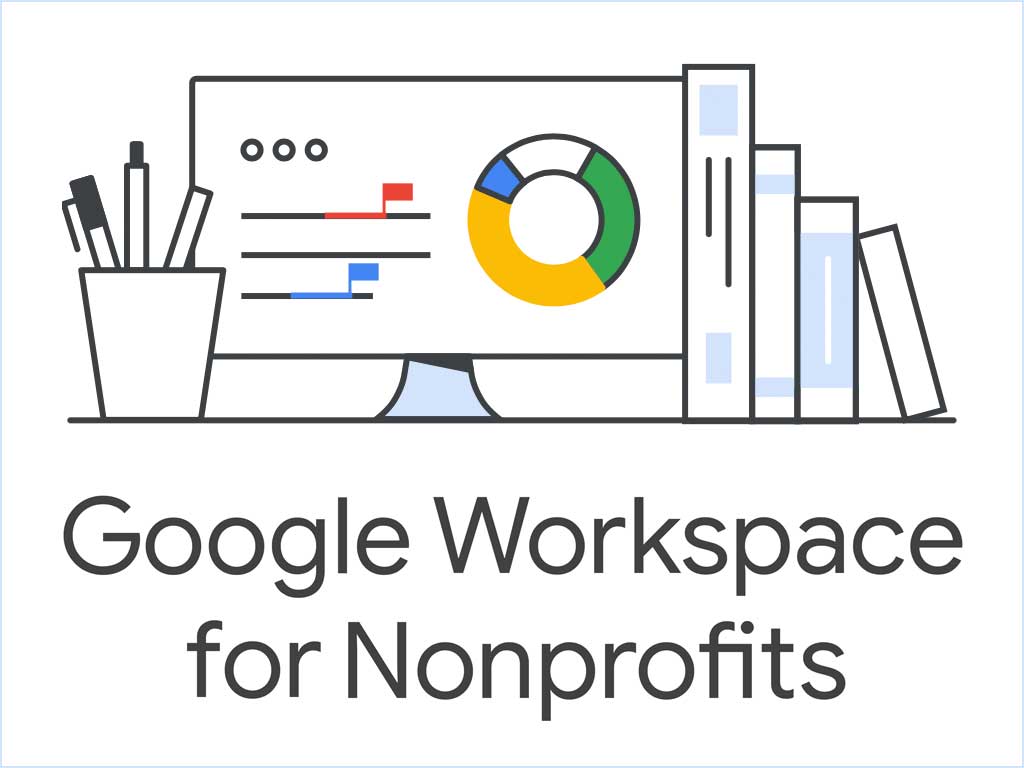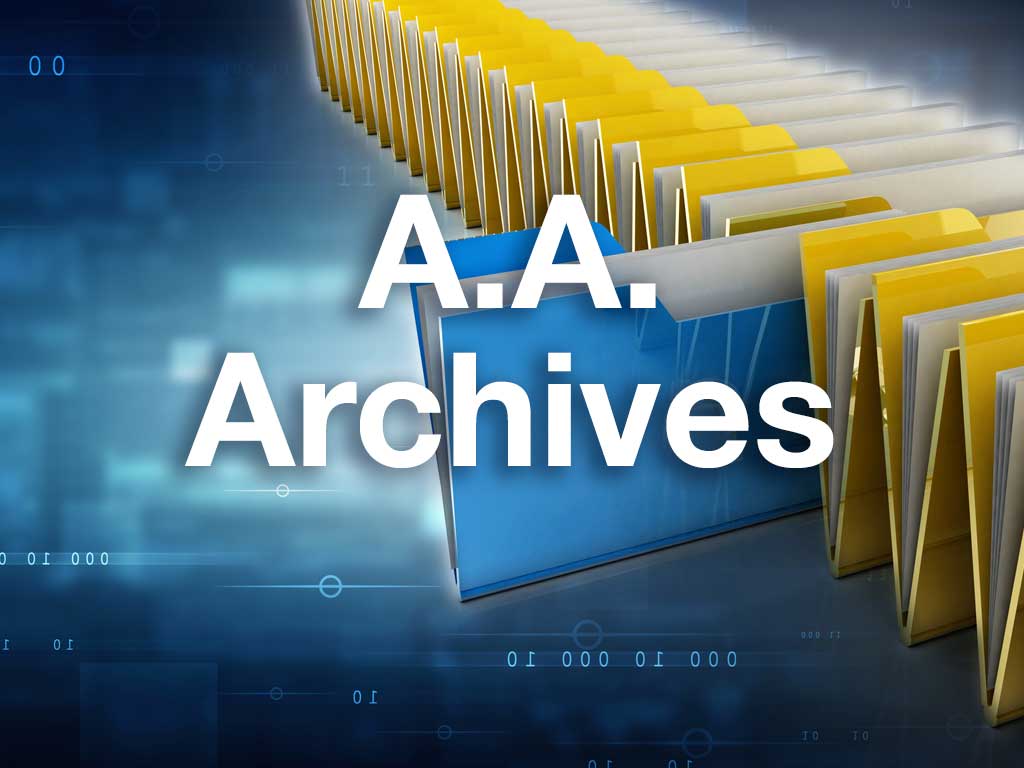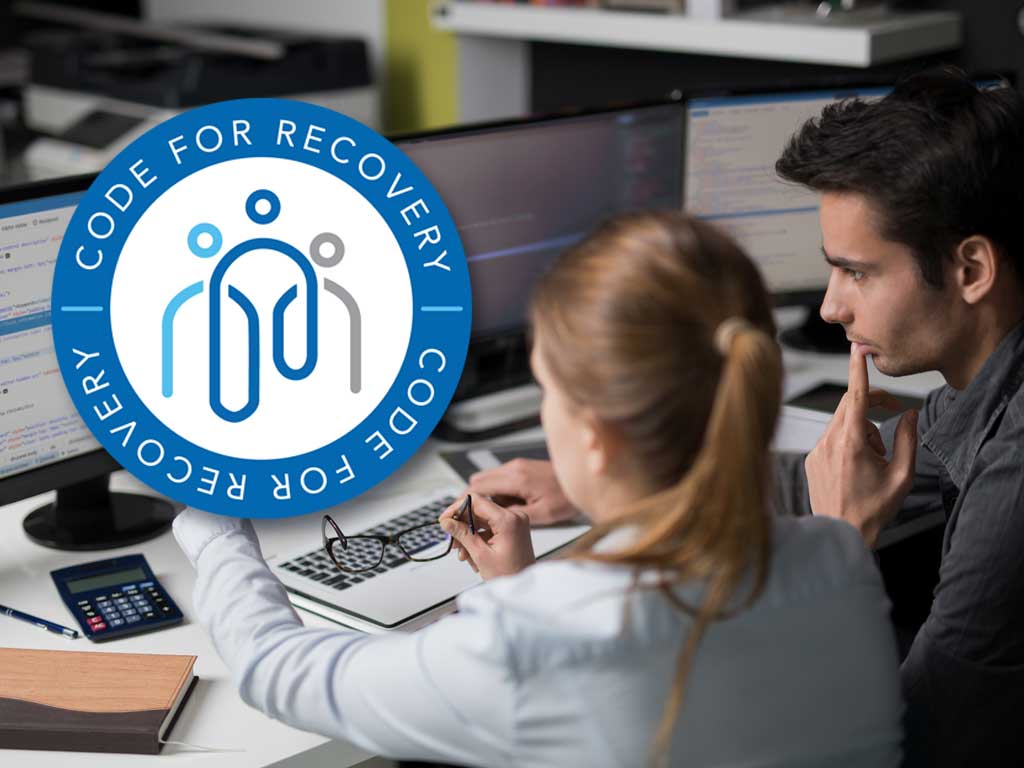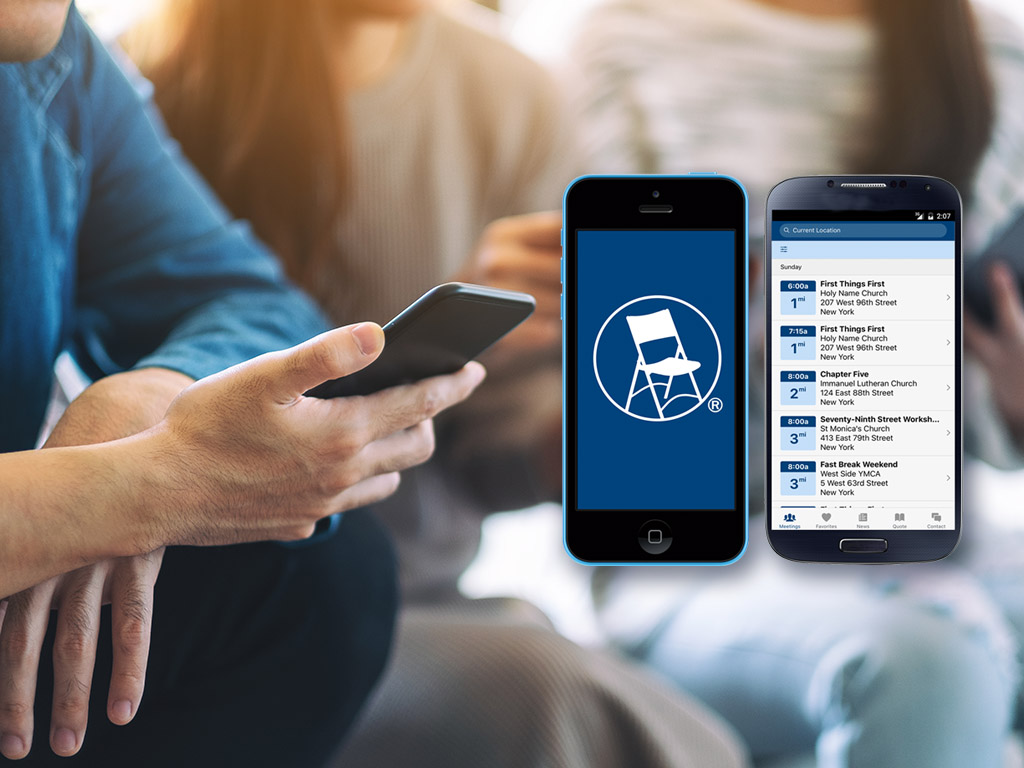Hot Topics

Google Workspace for Non-profits
Many of our service organizations have begun utilizing or considering Google Workspace under its free non-profit license for eligible entities. The Google Workspace suite, when strategically implemented, can enhance our support for service organizations and those in recovery.
The Google Workspace applications included in the non-profit license include:
- Gmail: Secure, ad-free email with a custom domain for communication.
- Calendar: Organize meetings, events, and deadlines to keep everyone aligned.
- Docs, Sheets, and Slides: Collaboratively create and edit documents, spreadsheets, and presentations in real time.
- Meet: Video conferencing for meetings, training, and webinars.
- Forms: Simple data collection and surveys for feedback or event registrations.
- Keep: note-taking service to quickly capture ideas, create checklists, and set reminders.
- Chat: Instant messaging for quick team communications and project discussions.
- Sites: Create a user-friendly website for sharing information without coding.
- Drives: Cloud storage for centralized secured storage, easy file access, and sharing.
- Admin: Centralized management of Google Workspace (for workspace Admins only)
Together, these applications can allow us to maximize our support of service work through streamlined operations and enhanced collaboration without undue financial burden. The widespread use of Google, especially Gmail, means many of our members are already familiar with Google applications. Google also provides extensive user documentation for the workspace applications.
The implementation and maintenance of Google Workspace may pose certain challenges. Thoughtful planning during the design and implementation phase can reduce and simplify ongoing maintenance. This task can be challenging due to the varied technical expertise of our volunteer IT admins. Google’s Workspace Admin Help Center has information on starting a Google Workspace, and the Google Workspace community forum can be helpful with administration and configuration.
More importantly, the TIAA forum is a central platform for acquiring knowledge, guidance, and the opportunity to exchange ideas, experiences, and insights with other recovery-based Google Workspace administrators.
This is especially important within the context of recovery environments, where the traditions of our program distinctively shape our needs. For our forum members, here are links to some conversations in the forum:
- Technology Sharing session on Google Workspace (Recording) (Summary)
- Discussion on a reported potential Google Workspace Vulnerability
- Sharing and Discussion on Lessons Learned:
- Best Practices Document

Migrating a Website to New Web Hosting
Discussion on migrating a website to new hosting is widely varied within the forum. One of the most common questions is about migrating from Squarespace/Wix to a more customizable hosting plan/site.
Members of the forum have outlined several methods of migrating a website to new hosting, including:
- Have the new host assign a temporary URL after purchasing their hosting package and build the new site on the temporary URL until ready to migrate, then update the site to the true URL.
- Build the site locally, offline on a personal computer, then upload the database and necessary files when built to satisfaction.
- Start with a reputable web host like Bluehost or Siteground that allows staging. This feature enables building a staging site that is not publicly visible until published and live. Simplify this process using a drag-and-drop site customizer like Elementor. When staging, use pre-built WP themes if inexperienced so the website doesn’t need to be built from scratch.
- Build the new site on a dormant domain, then use UpDraftClone to copy your content, changing any old domain URLs to URLs for the new domain. Use UpDraftPlus’s Backup/Restore function to ensure your site is saved.
- Keep the old Squarespace site open and the new site open side-by-side, and copy/paste the content into Divi Builder templates.
- Install Local by Flywheel and practice building sites. Practice building and breaking sites in this low-pressure environment until you are ready to build the actual website.
- WPBeginner is an excellent resource for people unfamiliar with web hosting and WordPress site building. Members of the TIAA forum are experienced in this subject and ready to answer any questions.
All hyperlinks to the tutorials above came from within the TIAA forum. Discussion about web hosting and changing web hosts happens frequently. Members of the forum can find these discussions here:
Converting Website to WordPress: CLICK HERE
Migrating From Bluehost: CLICK HERE
WordPress Upgrades: CLICK HERE
Issues with WordPress and WebHostingPad: CLICK HERE

The A.A. Archives Category
The TIAA Forum now has a specific Category devoted to the service work of Archives and archivists. Within that Archives Category, AA members can share their experience, strength, and hope in leveraging technology to support that work. Obviously, much of the information content of the AA service structure, literature, and supporting documentation has now moved to digital formats, whether at the home group, District, Intergroup/Central Office, Area, or GSO/AAWS levels.
As a result, the work of developing and maintaining archives for future generations of AA members has become increasingly complex, and the need for sharing ideas to simplify that effort has never been greater. While there is a national Archives workshop each year, the conversations that may begin at that workshop can continue year-round in the Forum.

Code for Recovery (C4R)
Code for Recovery (C4R) is a community of volunteers in service building and maintaining open-source solutions to help the recovery community meet, organize, and recover from addiction.
While participation varies, C4R typically has eight or so active volunteers (primarily coders, but other talents are encouraged as well) from recovery communities (mostly AA). Each brings forth unique programming skills and experience. Most work focuses on web-based software used by districts, intergroups/central service offices, and areas to manage nearby recovery meeting information. AA meeting information is then available for import into the Meeting Guide app provided by Alcoholics Anonymous World Services, Incorporated (AAWS). C4R is not officially connected to Meeting Guide’s software development and support.
The 12 Step Meeting List (aka, Twelve Step Meeting List and TSML) plugin for WordPress is the most recognized web app for managing and making meeting data available to users and other sites, but other ways can accomplish many of the same functions. The Meeting Guide App Support Site provides excellent descriptions of some of these other methods. C4R will gladly assist with the technical aspects of getting connected should entities have difficulties.
• Code for Recovery: CLICK HERE
• Meeting Guide App Support: CLICK HERE

Online/In-Person Hybrid Meetings
The discussion about hybrid meetings is plentiful, broad, and varied. A short summary of this topic cannot address the myriad components of setting up and running hybrid meetings. Setups run from a smartphone passed around the in-person meeting to permanent equipment installations that include high-end cameras, microphones, and large TVs/displays. The more complex a setup and/or the larger the meeting, greater is the number of people needed to run the meeting. Several service organizations have produced documents with their recommendations for setting up and running hybrid meetings.
Members of TIAA Forum began collaboration on a document to summarize this topic. Though incomplete, it includes useful information. CLICK HERE
Much more information and assistance are available by joining the forum and searching for “hybrid”: CLICK HERE

Meeting Guide / 12 Step Meeting List Plug-in
The Meeting Guide is designed to help anyone find meetings and A.A. resources in their area. Currently, more than 100,000 meetings are listed across 180 countries. Participants can search for meetings in their area or online. Information from over 400 A.A. service entities is synced to the app through integrations with area, district, intergroup/central, and international general service office websites. Users can find information about meetings in their area by searching for a location or Keyword.
The Meeting Guide and the 12-Step Meeting List Plug-in (TSML) are managed by Code for Recovery (C4R), a community of volunteers in service on a mission to build quality open-source solutions to help the recovery community organize, meet, and recover from addiction.
If users experience issues with the Meeting Guide, support for the Meeting Guide app and the 12-Step Meeting List (TSML) WordPress plug-in is available via the Meeting Guide Support Site.
• To see The Meeting Guide and download the app, CLICK HERE
• To view GitHub discussions about TSML, CLICK HERE
Discussion about the Meeting Guide and the 12-Step Meeting List Plug-in occurs frequently in the forum. Members of the forum can find these discussions here:
• Meeting Guide: CLICK HERE
• TSML: CLICK HERE
The discussion is varied, covering issues users experience, any app updates, and what users might experience from them, and troubleshooting tips based on questions from the community.

Phone Answering Services/Set-ups
Cloud-based phone services appear to be most popular due to ease of management and low costs.
These services allow calls to be forwarded simultaneously to many volunteers’ numbers. Services favorably discussed in the forum:
- Google Voice
- Ring Central
- eVoice
- CloudPhone

Digital 7th Tradition
Numerous options are in use, including:
- Venmo
- Paypal
- Zelle
- Cash App
- Square